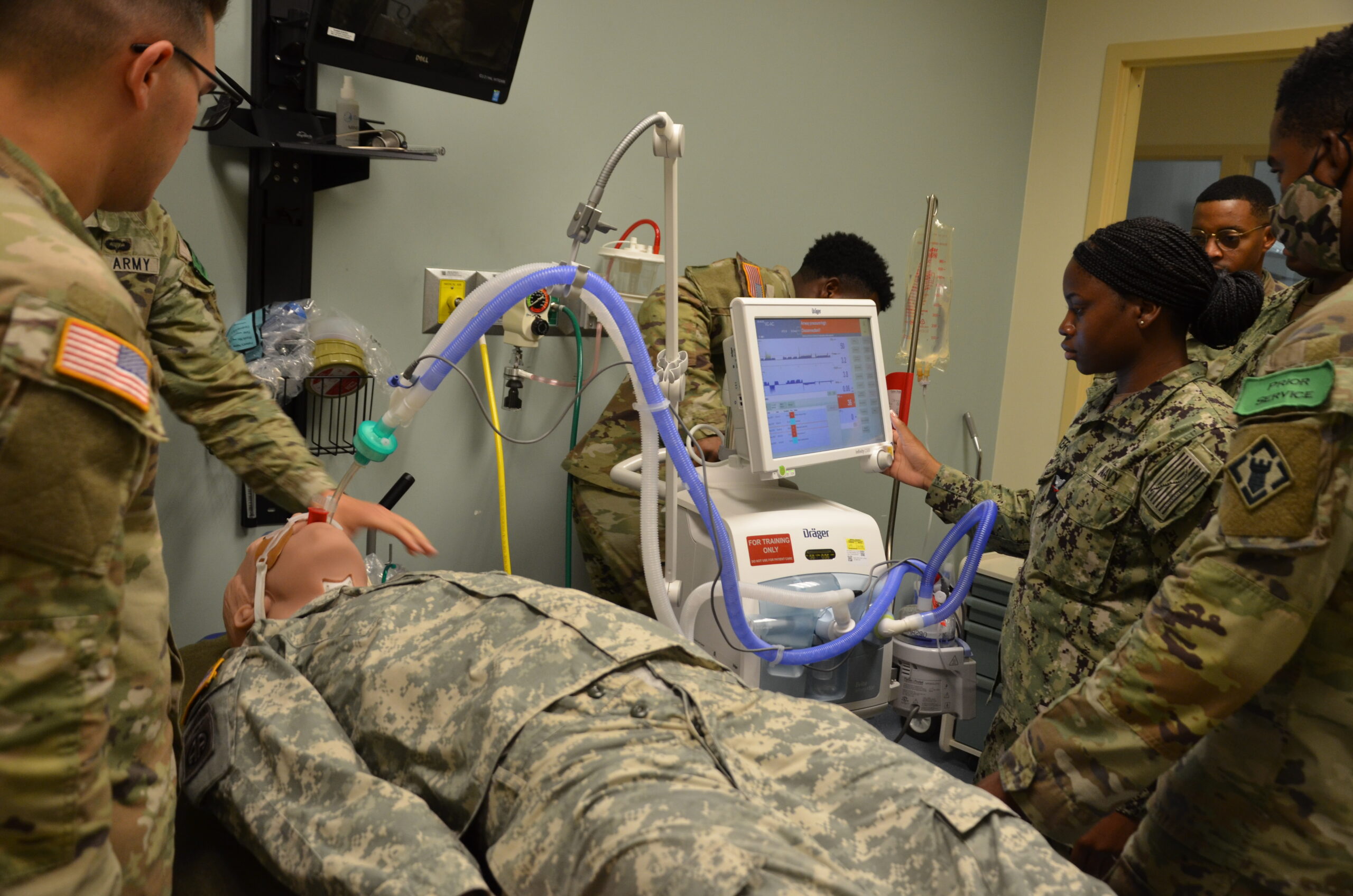
Have you been in a Walmart or CVS recently, or even a convenience store or grocery store, and noticed small oxygen canisters for sale? These have become a popular item during the pandemic but from the standpoint of a respiratory therapist it can raise serious concerns about health and safety of patients who rely on supplemental oxygen in their daily lives. The AARC was asked to investigate the issue because of concerns they were being sold illegally.
Oxygen as we know it in the world of respiratory care is considered a drug, is regulated by the Food and Drug Administration (FDA), requires a prescription, and is covered as durable medical equipment by health care insurers. However, canned oxygen is just the opposite. Our research revealed it is not considered medical nor regulated by the FDA, it can be easily purchased, and does not require a prescription. It is considered for recreational use and often marketed to athletes for recovery or performance. Older adults may use it to enhance an active lifestyle or others who live or visit high altitudes may use it to help with acclimation to heights to which they are unaccustomed. The products come in several sizes, the smallest of which contains two liters of oxygen and fits in a pocket. They are considered safe for healthy people when used as directed.
Although manufacturers may make claims about the benefits of these products, they come with a warning label. One we reviewed, for example, says: “These statements have not been evaluated by the Food and Drug Administration. This product is not intended to diagnose, treat, cure, or prevent any disease. For Recreational Purposes Only. This product in NOT for Medical or Prescription use.”
So, what is the bottom line?
While it may be a disturbing trend, there is nothing illegal about the sale of these oxygen canisters. However, it would be wise for respiratory therapists whose patients are on supplemental oxygen to caution them of the existence and easy access to these recreational products, so patients do not become confused about their use and benefits relative to the regulated oxygen to which they have been prescribed.
Email newsroom@aarc.org with questions or comments, we’d love to hear from you.












